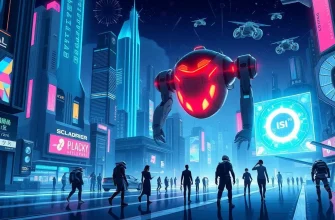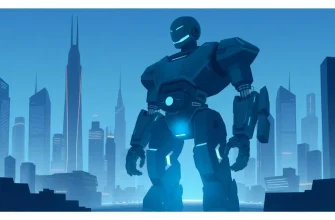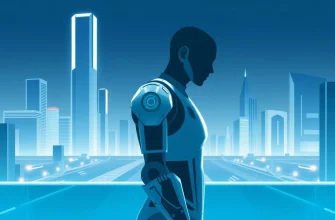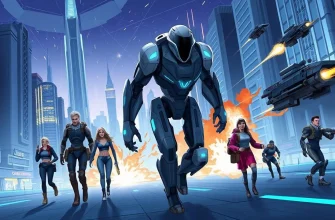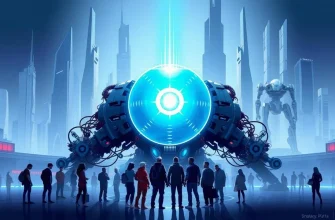In a world where technology and humanity increasingly intertwine, the concept of implants has become a staple in science fiction. These films delve into the ethical, social, and personal implications of such advancements, offering a thrilling glimpse into possible futures. Whether it's enhancing human abilities, controlling minds, or exploring the very essence of what it means to be human, these movies provide a fascinating exploration of the potential and pitfalls of implant technology.

Johnny Mnemonic (1995)
Description: Johnny, a data courier, has a brain implant that allows him to store vast amounts of information, but when he exceeds his capacity, he must race against time to save his life.
Fact: The film is based on a short story by William Gibson, who also wrote the screenplay.
 Watch Now
Watch Now 
Ghost in the Shell (1995)
Description: This anime classic features Major Motoko Kusanagi, a cyborg with a human brain, who investigates a hacker known as the Puppet Master. The film raises questions about consciousness, identity, and the integration of technology with the human body.
Fact: The film's visual style influenced many subsequent sci-fi movies, including "The Matrix."
 Watch Now
Watch Now 
The Matrix (1999)
Description: While not exclusively about implants, the film's concept of humans being plugged into a virtual reality through neural implants explores the control and manipulation of reality.
Fact: The film's "bullet time" effect was groundbreaking and has since been widely imitated in action films.
 Watch Now
Watch Now 
The 6th Day (2000)
Description: Arnold Schwarzenegger stars in this film where human cloning and memory implants are used to replace individuals, exploring the moral dilemmas of such technology.
Fact: The film was one of the first to explore the concept of human cloning in a mainstream action setting.
 Watch Now
Watch Now 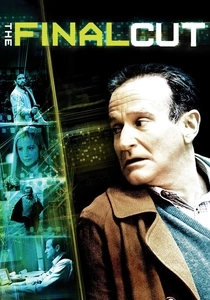
The Final Cut (2004)
Description: In this film, everyone has a brain implant that records their entire life, and upon death, a "cutter" edits the footage into a highlight reel. It delves into privacy, memory, and the ethics of life recording.
Fact: Robin Williams plays a somber role as the cutter, showcasing his range as an actor beyond comedy.
 Watch Now
Watch Now 
Repo Men (2010)
Description: In a future where artificial organs can be bought on credit, the film follows repo men who retrieve these organs from clients who default on payments, highlighting the dark side of medical implants.
Fact: The film was inspired by the novel "The Repossession Mambo" by Eric Garcia.
 Watch Now
Watch Now 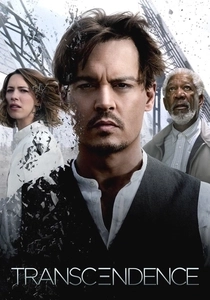
Transcendence (2014)
Description: When Dr. Will Caster, an AI researcher, is assassinated, his consciousness is uploaded into a computer system, exploring the theme of digital immortality through implants.
Fact: Johnny Depp, who plays Will Caster, was initially hesitant to take on the role due to the film's complex themes.
 Watch Now
Watch Now 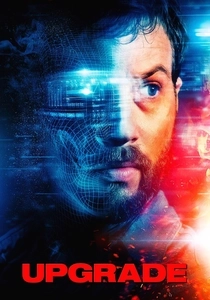
Upgrade (2018)
Description: In a near-future setting, a man named Grey Trace receives an experimental computer chip implant after a brutal attack. This film explores the consequences of merging man with machine, delving into themes of control, identity, and revenge.
Fact: The film was shot in just 29 days, and the director, Leigh Whannell, also wrote the screenplay, showcasing his versatility in the sci-fi genre.
 Watch Now
Watch Now 
Strange Days (1995)
Description: Set in a near-future Los Angeles, the film features a device that records and plays back memories, exploring themes of voyeurism, privacy, and the commodification of experience.
Fact: Kathryn Bigelow directed this film, which was ahead of its time in its depiction of virtual reality.
 30 Days Free
30 Days Free 
Altered Carbon (2018)
Description: In a world where consciousness can be transferred between bodies via cortical stacks, this series explores themes of immortality, identity, and the ethics of body swapping.
Fact: The series is based on the novel by Richard K. Morgan, and its visual style was heavily influenced by cyberpunk aesthetics.
 30 Days Free
30 Days Free 

